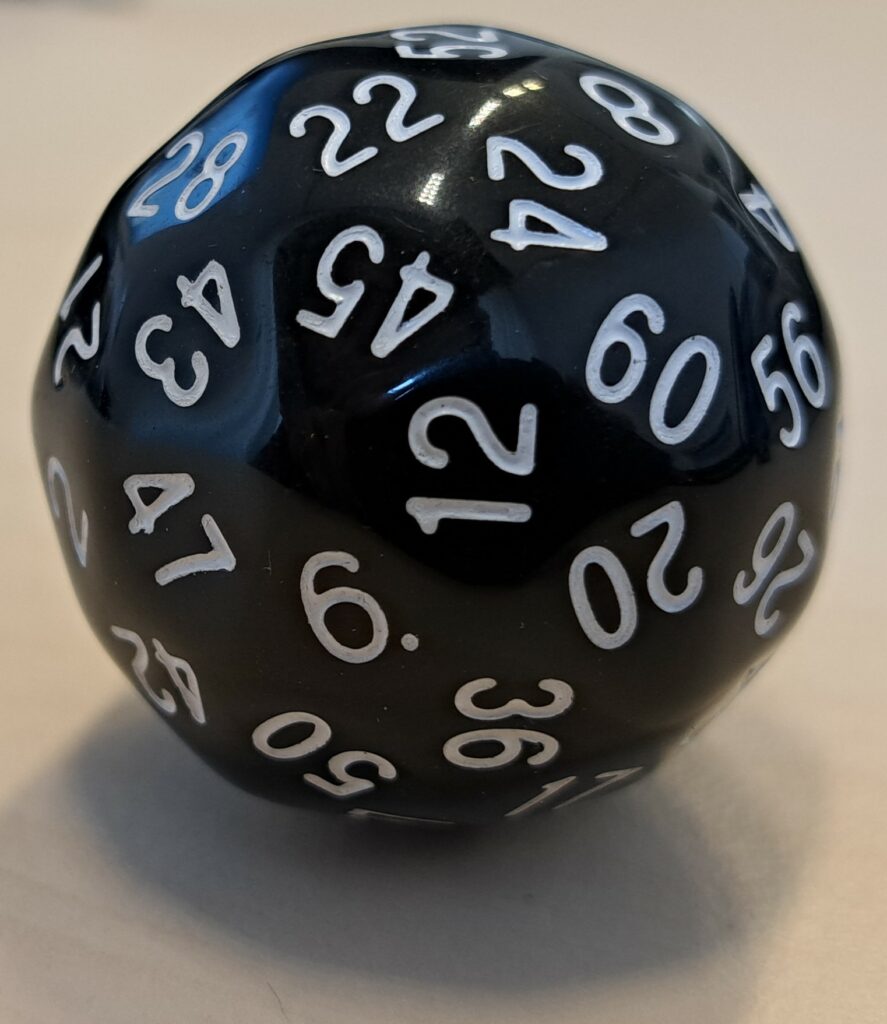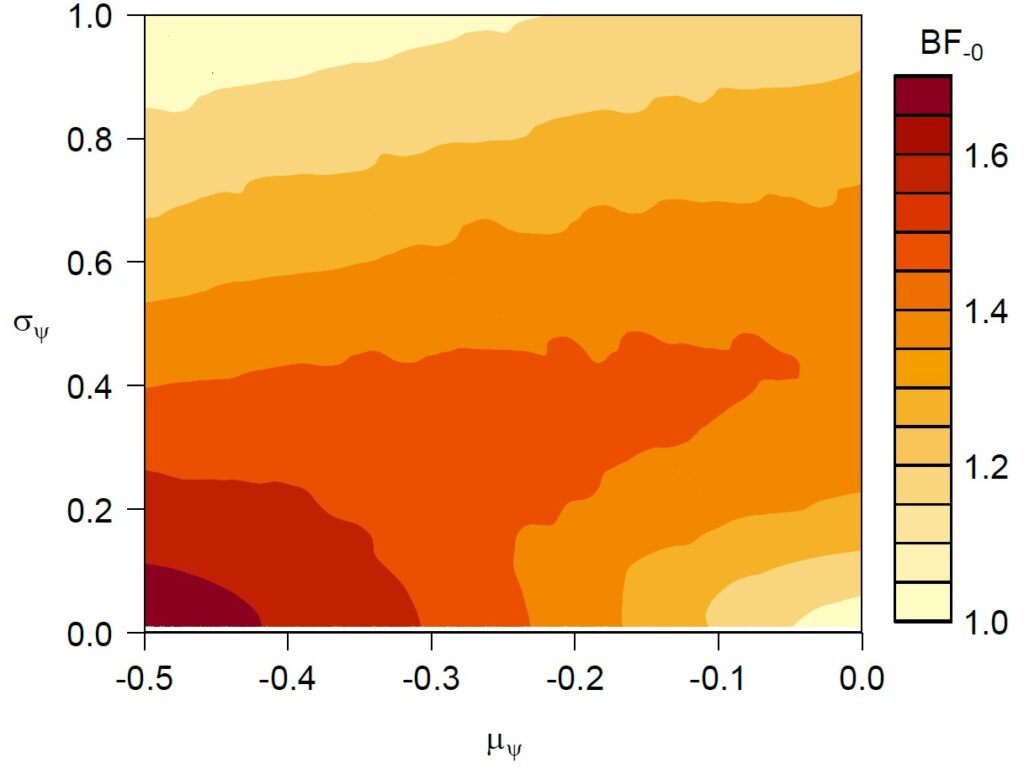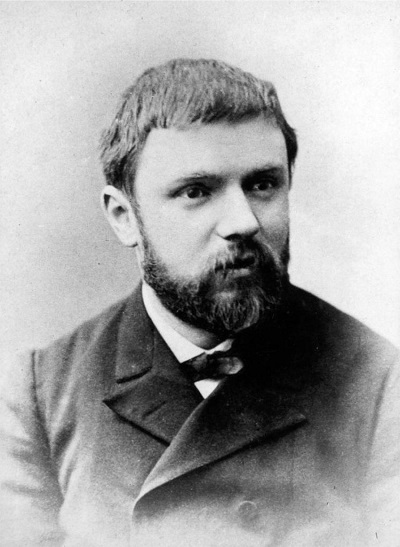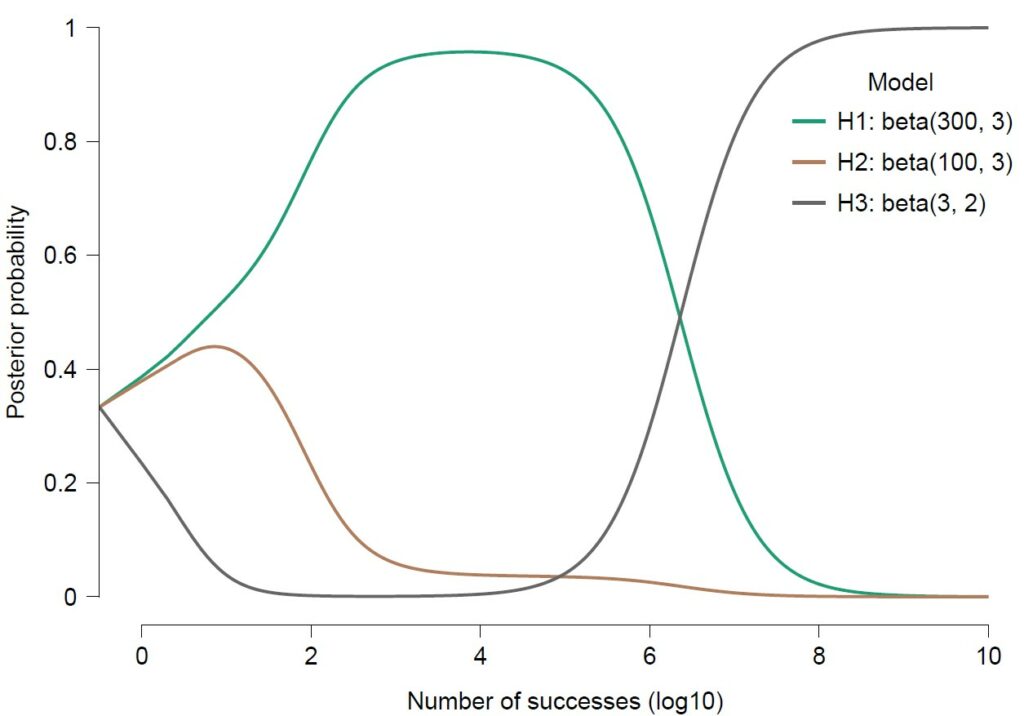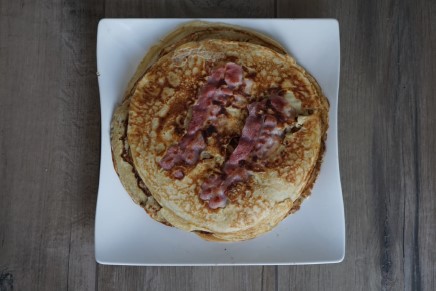Introducing the Diamond Open-Access “Journal of Robustness Reports”
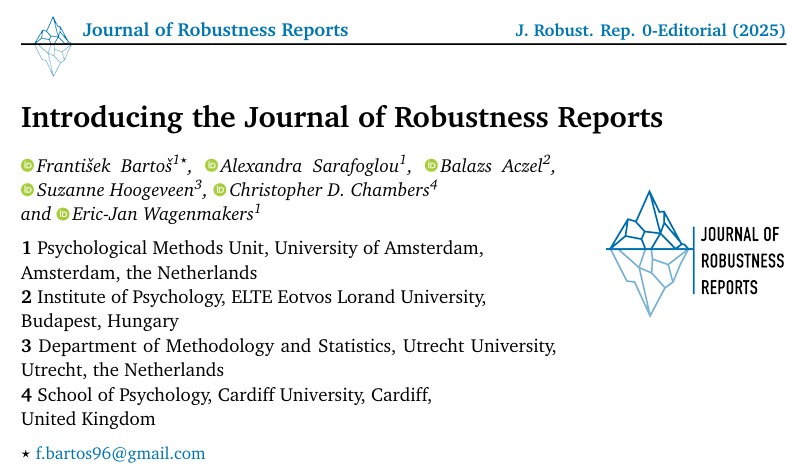
This week marked the launch of a new diamond open-access journal: the Journal of Robustness Reports. This journal will publish short reanalyses of published empirical research findings. This is the abstract of the editorial: The vast majority of empirical research articles report a single primary analysis outcome that is the result of a single analysis plan, executed by a…
read more